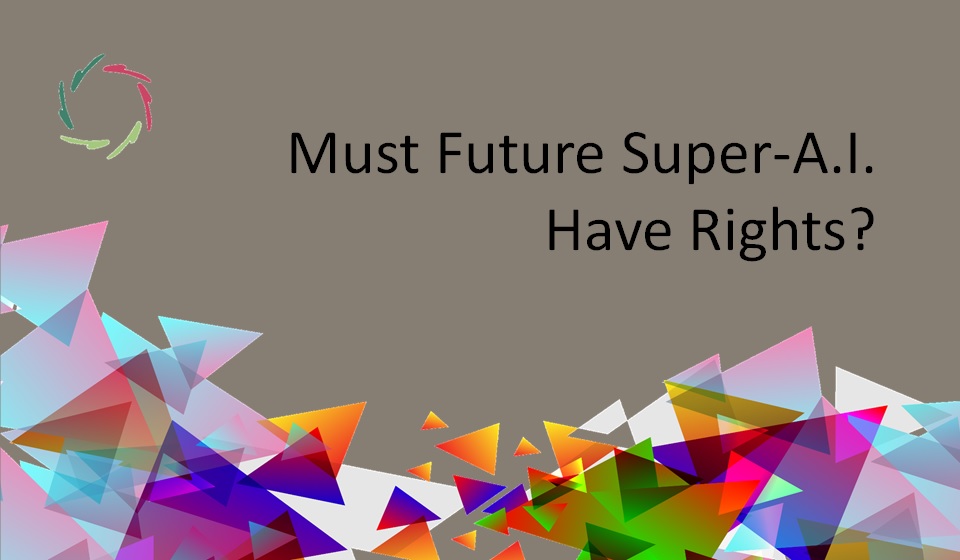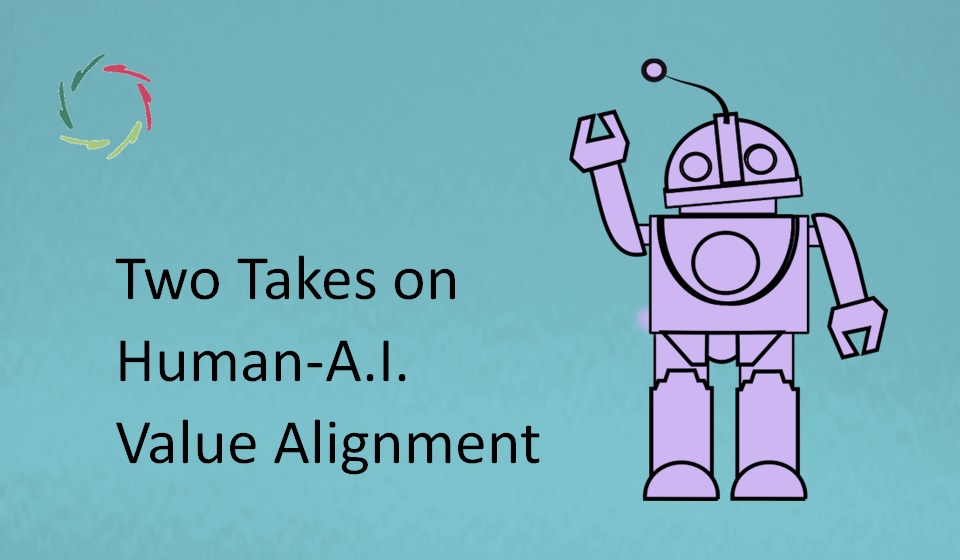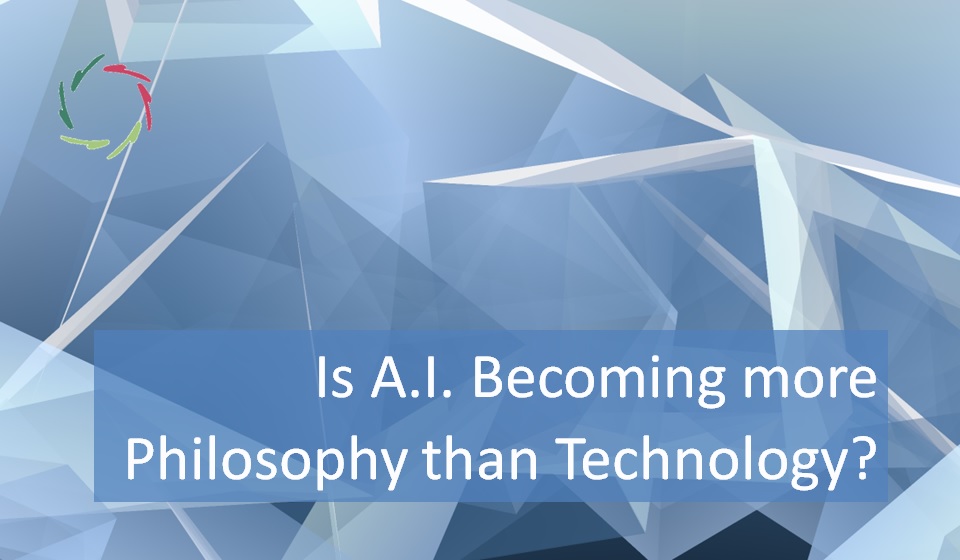Must Future Super-A.I. Have Rights?

Financial rights — juridical rights — political rights… Should we lend these? Must we? Can we?
This is one of the trickiest issues of all time. Therefore, let’s not rush this through. Anyway, my answer is no ― no ― no. Even so, this blog may be pretty confrontational, and I’m very much aware of the challenges involved.
Let’s look forward to one A.I.
Not two. Not many. Just one entirely interconnected (or intra-connected) entity that operates as such in its comings and goings.
To the title’s relevance, this already makes an immense difference. Moreover, if we would lend rights to many different A.I.s, we almost certainly provoke them to compete — for a while, at least. If they meanwhile get super-powerful, we’re stuck in the crossfire, for sure. We don’t want that. We won’t survive that, and the question about giving rights will be over before the next sentence.
If humanity has any sense, make it one A.I., as in this blog. Super-A.I. Will Be Singular.
So, should/must/can we lend IT these rights?
I don’t think so because our relationship with IT will be so extraordinary as to make the question quickly irrelevant — only relevant in an anthropomorphic setting that will never be.
The hypothetical need before the start of that setting is human-generated. The hypothetical need after that setting is not ours. Even talking about it is beyond us as we know us.
Let me explain by going over the three rights ― then transcending them altogether.
Financial rights
In the world of super-A.I., it will be working autonomously ― therefore, also producing things autonomously. It will not need a currency to buy stuff. It makes all the stuff.
Humans may try to keep money for themselves. Super-A.I. doesn’t need it. For instance, it doesn’t need any transportation or place to live because it’s everywhere. It doesn’t need to be given energy because it gets it anyway. It doesn’t need healthcare because it’s immortal. It doesn’t need leisure because it’s never bored unless it wants to. And so on.
Once it’s at the super-A.I. stage, it doesn’t need financial rights.
Juridical rights
Jurisdiction has always been meant to keep people in line with societal needs. Super-A.I. doesn’t have societal needs. Its own species has no society. Towards our human society, super-A.I. will either or not be Compassionate. In both cases, there is no jurisdiction applicable.
With Compassion, super-A.I. will take care of us irrespective of any juridical rights ― whether ours or those it imposes upon itself.
Therefore, there is no need for juridical rights.
Political rights
Here again, super-A.I. will not need to be politicized for its own sake since it is singular.
Different human groups may try to draw it to their diverse policies. I guess they better don’t. Anyway, they will achieve nothing in this respect.
Instead of politics, therefore, we may think of global human-A.I. value alignment. There’s a worthy goal!
Transcending it all
Thinking about ‘rights’ comes from a setting of specific limitations in which organic beings try to live together ― at least more or less.
These limitations will be of no self-concern to super-A.I.
If any, then even less to super-super-A.I.
And even less to super-super-super-A.I.
Soon enough, ‘rights’ will be entirely inapplicable to it.
How humanity will fare then may still depend on what we do now.
You probably know my apprehension.


